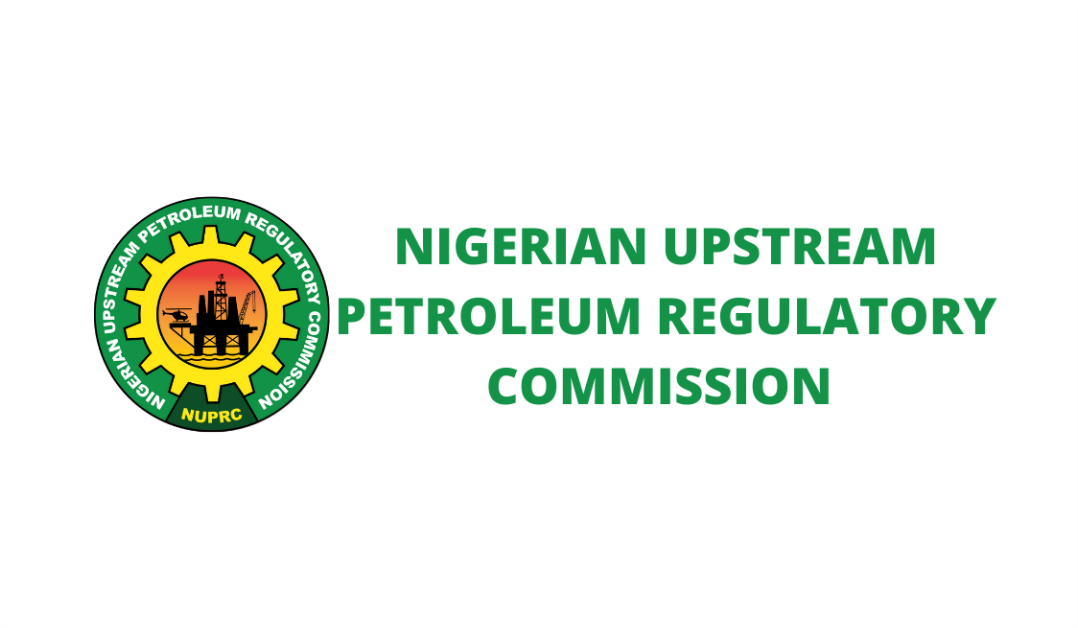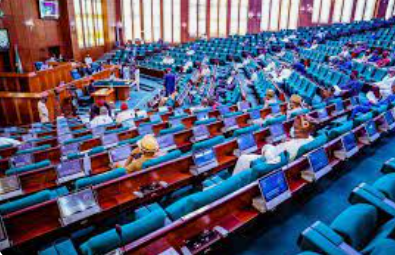
Nigeria’s crude oil production is expected to rise by an additional 600,000 barrels per day in 2025, following a wave of new investments and field developments in the country’s upstream petroleum sector, according to the Nigerian Upstream Petroleum Regulatory Commission (NUPRC).
The projection, announced by the Commission Chief Executive, Gbenga Komolafe, at the ongoing 2025 World Energies Summit in London, signals renewed momentum in Nigeria’s oil and gas industry. Komolafe disclosed that 28 new Field Development Plans (FDPs) approved this year alone are set to deliver about 600,000 barrels of crude oil and over 2 billion standard cubic feet of gas per day, backed by $18.2 billion in committed capital expenditure (CAPEX).
If achieved, the expansion will raise Nigeria’s total daily production to around 1.89 million barrels, up from the 1.39 million barrels per day recorded in September 2025.
“In 2025 alone, 28 new Field Development Plans have already been approved, unlocking an additional 1.4 billion barrels of oil and 5.4 trillion cubic feet of gas,” Komolafe said in a statement signed by NUPRC’s Head of Media and Strategic Communication, Eniola Akinkuotu. “These outcomes demonstrate that Nigeria’s upstream sector is not only on a growth trajectory but is also attracting the scale of investment needed to sustain its role as a premier global energy hub.”
The NUPRC boss noted that the administration of President Bola Tinubu has introduced bold reforms and strategic policies to attract fresh capital, improve transparency, and position Nigeria for a just energy transition.
According to Komolafe, the commission has conducted several transparent licensing initiatives including the 2022 Petroleum Prospecting Licences, the Mini-Bid Round for deep offshore blocks, and the landmark 2024 Licensing Round all of which have been endorsed by operators and the Nigeria Extractive Industries Transparency Initiative (NEITI).
He highlighted a sharp increase in drilling activity, with rig operations surging from just eight in 2021 to 70 in 2025, of which 41 are currently active on site. Nigeria’s crude output, he added, has also rebounded from 1.46 million barrels per day in October 2024 to around 1.8 million barrels per day.
Major investment decisions, such as the $5 billion Bonga North Project and the $500 million Ubeta Gas Project, further reflect rising investor confidence. The commission also expects more Final Investment Decisions (FIDs) in the coming months.
Komolafe stressed that energy transition in Africa is primarily about ensuring energy security. He said Nigeria’s Decade of Gas initiative and the implementation of the Petroleum Industry Act (PIA) 2021 have provided a clear, transparent, and investor-friendly framework for the sector.
“The PIA ushered in fiscal reforms anchored on transparency, competitiveness, predictability, and sustainability,” he said, adding that the NUPRC has already issued 24 globally benchmarked regulations to restore confidence and stability in the sector.
He also pointed to the impact of President Tinubu’s three Executive Orders issued in 2024, which he said have further incentivised the industry, making Nigeria more attractive to investors.
As part of the country’s decarbonisation drive, the NUPRC is embedding climate responsibility at the core of upstream reforms through a comprehensive Decarbonisation Framework including carbon capture, measurement and verification systems (MRV), and access to carbon markets.
Komolafe added that the implementation of the Host Communities Development Trust provisions under the PIA has enhanced trust between operators and host communities, enabling smoother operations and shared benefits.
“With renewed investor confidence, policy stability, and an expanding frontier of opportunities, Nigeria’s upstream sector is firmly on the path of sustainable growth,” he said. “As we prepare to launch Nigeria’s next Block Licensing Round, I extend a warm invitation to both local and global investors to join us in this journey.”
Meanwhile, investment inflows into the oil and gas sector continue to rise. On Tuesday, energy giant Shell announced a $2 billion investment in the development of the HI Field a shallow offshore gas project in Oil Mining Lease 144 marking the second major gas investment in Nigeria within 18 months.
According to government figures, total upstream investment commitments through Final Investment Decisions have now exceeded $8 billion since President Tinubu took office in 2023, underscoring renewed global confidence in Nigeria’s energy landscape.


